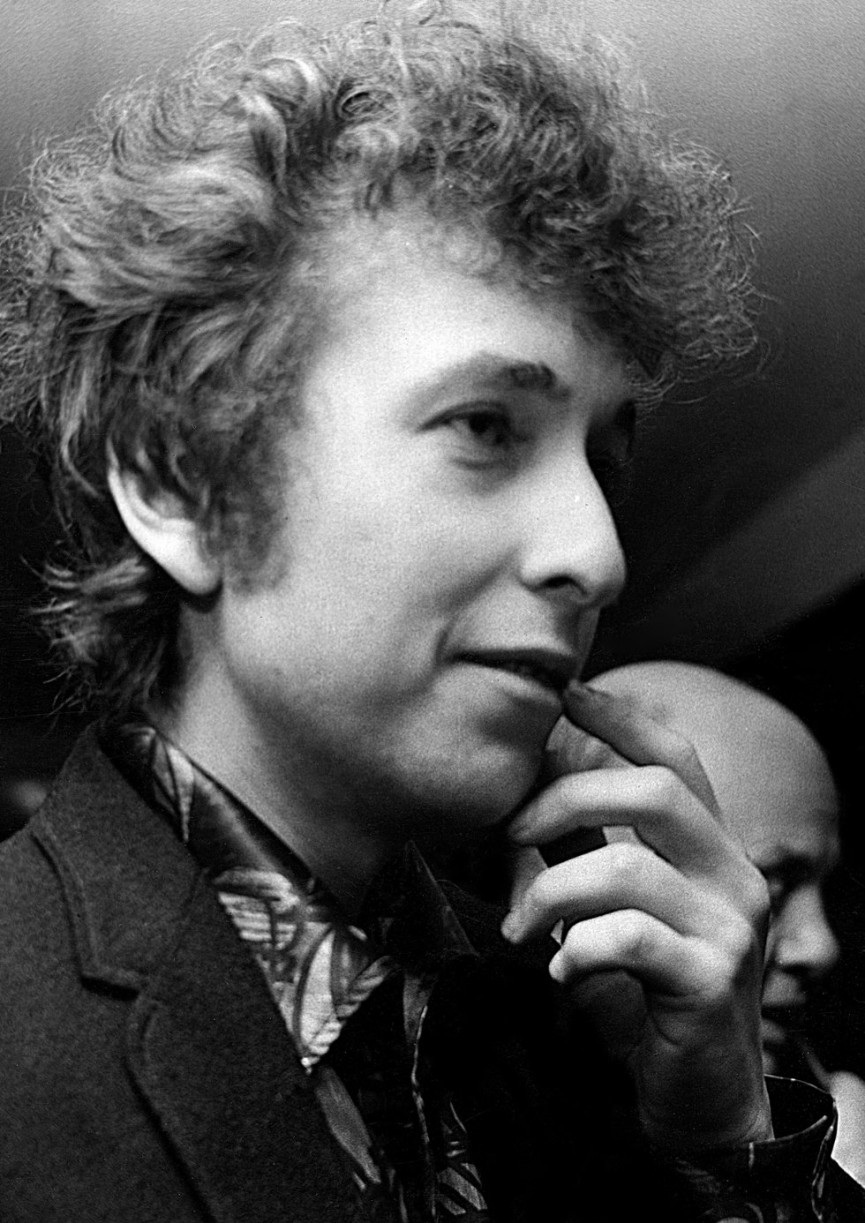

A partial version of a live performance from 1965, with altered lyrics that reference T. A live version from 1963 was officially released on the album In Concert – Brandeis University 1963.

Live performances ĭylan played the song no fewer than 31 times in concert between 19 (the exact number is not known because not all of his set lists from this era are extant). In their book Bob Dylan All the Songs: The Story Behind Every Track, authors Philippe Margotin and Jean-Michel Guesdon note that Dylan "denounces the weaknesses" of and ridicules everyone in the song: psychiatrists, conservatives and even the narrator himself. The song is a satire of the Cold War and then-pervasive fears and anxieties held by many Americans about the possibility of a third World War. It was one of the last songs recorded for The Freewheelin' Bob Dylan and was a replacement for " Talkin' John Birch Paranoid Blues", which had been rejected by Columbia Records. Pennebaker's 1967 documentary Don't Look Back.īeyoncé Knowles quoted a lyric from the song ("I'll let you be in my dream if I can be in yours") on Instagram when she was preparing her self-titled 2013 album Beyoncé.Īctress/singer Rita Wilson references the same line in the lyrics of her 2020 single "I Wanna Kiss Bob Dylan" ("Would it hurt so good when he says goodbye / Sayin' I'll be in your dreams if you'll be in mine")."Talkin' World War III Blues" belongs to the comical " talking blues" genre that was popularized by Dylan's idol Woody Guthrie. In their book Bob Dylan All the Songs: The Story Behind Every Track, authors Philippe Margotin and Jean-Michel Guesdon note that Dylan "denounces the weaknesses" of and ridicules everyone in the song: psychiatrists, conservatives and even the narrator himself.ĭylan played the song no fewer than 31 times in concert between 19 (the exact number is not known because not all of his set lists from this era are extant). It was one of the last songs recorded for The Freewheelin' Bob Dylan and was a replacement for "Talkin' John Birch Paranoid Blues", which had been rejected by Columbia Records. "Talkin' World War III Blues" belongs to the comical "talking blues" genre that was popularized by Dylan's idol Woody Guthrie. Like nearly every song on the album, it is performed by Dylan solo, accompanying himself on acoustic guitar and harmonica played in a rack. "Talkin' World War III Blues" is a song written and performed by the American singer-songwriter Bob Dylan that was first released as the tenth track (or the fourth song on Side 2 of the vinyl) of his 1963 album The Freewheelin' Bob Dylan.


 0 kommentar(er)
0 kommentar(er)
